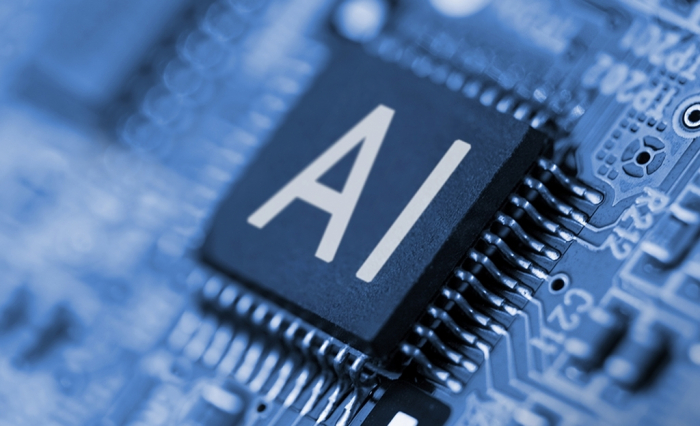
- Stocks
TSMC, Google, Intel at the peak of the AI race
Do you want to know how to make money from this?
Register for free and get expert advice, access to a training course and webinars.
Key points:
- TSMC’s revenue grew 16.5% in the first quarter of 2024, driven by a boom in the electronics market.
- Google announces the Axion Arm processor and a new AI chip for its data centers.
- Intel unveils Gaudi 3, a new AI chip that could take on Nvidia.
This week, several leading companies showed important steps in announcing products or statistics related to the impact of artificial intelligence technologies on the market.
TSMC revenue rises above forecasts
Taiwanese company TSMC released its revenue data for the first quarter of 2024. It is noted that it grew by 16.5%, which not only exceeded analysts’ expectations, but also coincided with the most optimistic forecast of TSMC itself.
Such impressive results were made possible thanks to the boom in the electronics market, caused, in turn, by growing demand for artificial intelligence applications.
TSMC is the world’s largest chip manufacturer, whose clients include such giants as Apple and Nvidia. The company was able to benefit from the rapid development of AI, which allowed it not only to neutralize the negative impact of the COVID-19 pandemic, but also to raise the value of its shares to a record level.
At the end of the first quarter of 2024, TSMC, a leading Taiwanese semiconductor manufacturer, showed strong revenue growth. Thus, in the first three months of this year, the company’s revenue amounted to $18.54 billion, which is 10.7% more than $16.72 billion for the same period last year. This result was close to the upper limit of TSMC’s forecast, which was previously announced in the range from $18 to $18.8 billion.
The company plans to release detailed first-quarter earnings on April 18, as well as update guidance for the current quarter and year. TSMC’s net profit for the first quarter of 2024 is expected to show growth of 4%.
Google will introduce new AI products
Google announced two new products designed to improve the performance and efficiency of its data centers: an Arm processor called Axion and a new version of its artificial intelligence chip.
Axion will be available through Google Cloud and, according to the company, outperforms both x86 chips and standard Arm chips used in cloud services. The new AI chip, an upgrade to Google’s existing TPU (Tensor Processing Unit), also promises significant performance gains.
The creation of an Arm processor is a new step for Google. Cloud competitors such as Amazon and Microsoft already offer Arm processors in their services. Google previously focused on developing specialized chips for YouTube and its smartphones.
Intel tries to fight Nvidia competition
Intel has unveiled details of Gaudi 3, a new version of its AI chip. The move marks Intel’s bid to challenge Nvidia, the market leader in AI semiconductors.
With the chips needed for AI in short supply, technology companies are looking for alternative solutions. Intel says Gaudi 3 is capable of training certain large language models 50% faster than the previous generation Nvidia H100 processor. Additionally, Gaudi 3 exhibits faster AI computation speed for generative responses (the inference process) compared to the H100 in some models tested by Intel.
The introduction of Gaudi 3 is an important step for Intel. If the new chip lives up to its stated specifications, it could become a serious competitor to Nvidia and change the balance of power in the AI semiconductor market.
Do you want to know
How to make money from the news
Register for free and get:
- Expert consultation;
- Access to the training course;
- Opportunity to participate in webinars

